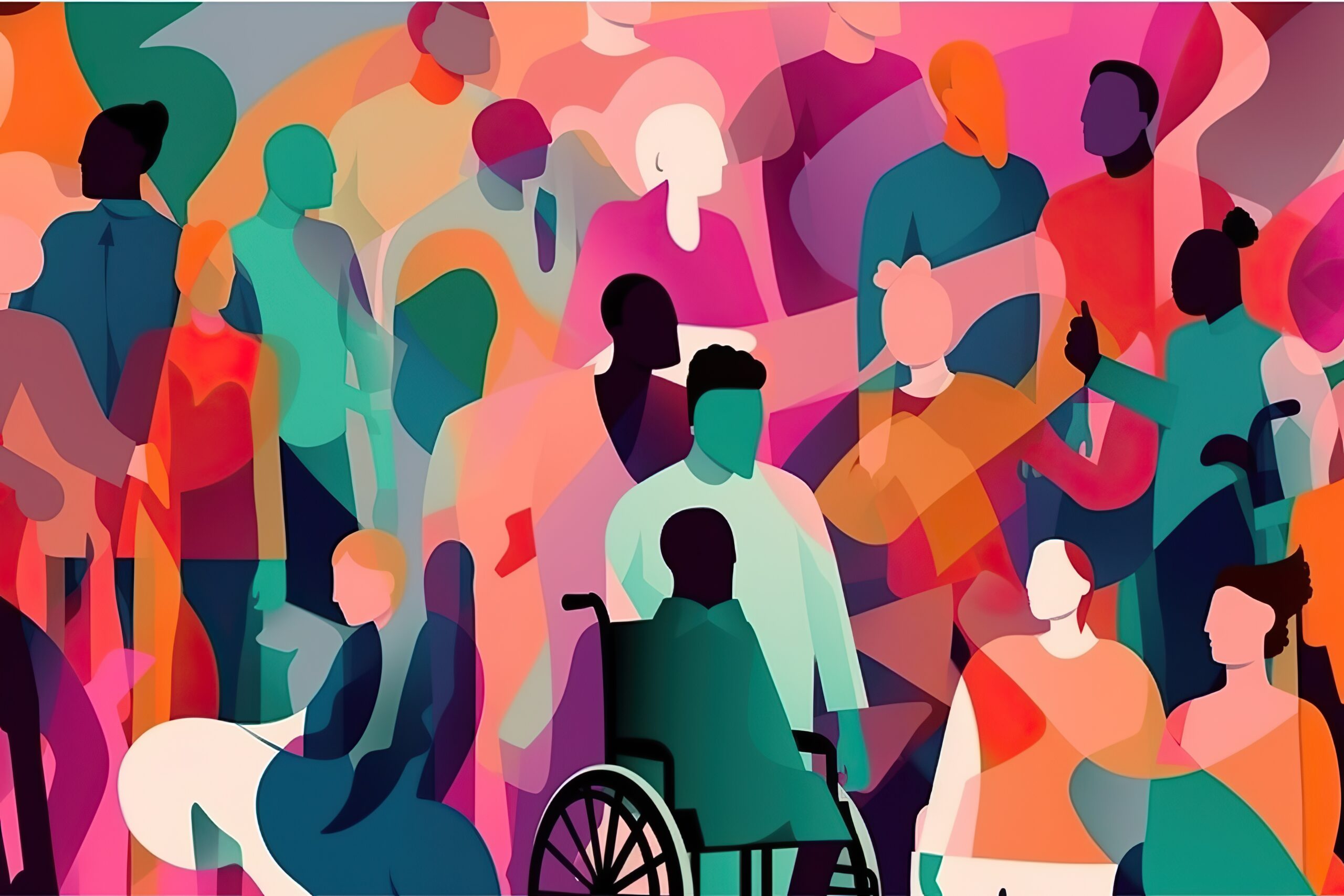The Future of Work: The Intersectional Approach

The Future of Work: The Intersectional Approach
The work landscape has shifted significantly over the past few years, especially with the impacts of the pandemic, gaps in support for people with barriers including those with a disability, and the rapid transition to a more digital work environment, many were left in the dust. Those most impacted were parents and main care givers (statistically women), low income, rural, people with disabilities, elderly, etc. These large gaps in support were brought to the forefront due to the extreme lack of support and flexibility in the workplace. Creating more opportunities for employees and talent to thrive is good for business, right? So, what can we do and where do we start?
The Intersectional Approach
Intersectionality
The intersectional approach stems from the concept of Intersectionality termed by Kim Crenshaw in 1989 to discuss social and gender inequalities. The oxford dictionary explains intersectionality as the interconnected nature of social categorizations such as race, class, and gender as they apply to a given individual or group, regarded as creating overlapping and interdependent systems of discrimination or disadvantage.

These different interconnected social categories can create a multitude of barriers for people to access services, supports, and employment. For an example, a low-income mother of 3 with a disability that speaks English as a second language living in a rural area will face more barriers than others. These interconnected identities do not alone label a person, but each identity is a piece of their personal life experience puzzle.
The Future of Work
The Individualized Approach
It’s no mystery that we all have our own needs, as stated above, each of our experiences and intersectional identities are all different. This is the same for work and supporting workers. So, why are we still approaching workplace supports and accommodation as a one size fits all… if any size is available… Or only if there’s a doctor’s note. Some policies request certain procedures be followed but are these best practices?
Supporting each employees needs will allow them to thrive and engage more positively with work. A happy engaged employee is more likely to perform well and retain their position long term. In fact, one study found that happy employees are up to 20% more productive than unhappy employees. When it comes to salespeople, happiness has an even greater impact, raising sales by 37%. The positive impacts are endless for both the business outcomes and cultivating an authentic workplace culture.
This type of environment is more likely to attract a large diverse pool of interested candidate’s as well. Being able to support a diverse range of needs, supports hiring a diverse range of employees. Hiring for diverse thought and not ‘culture fit’ positions your company to be more creative and innovative. All these things are positive for the business but also for the employees, clients, community, etc. Taking an individualized approach allows for more personal approach to supporting our workforce.
Workplace Adjustments for All
Having a very limited, strict, inaccessible, or non-existent workplace accommodation policy is going to do your business and employees a disservice. We’ve already talked about the positive impacts of supporting individual needs but what is the cost of not supporting them? Employees who feel distrust, unengaged and unsupported in the workplace are more likely to have a higher turnover rate, less productivity and trust among all employees.
Creating a workplace policy that supports everyone, not just those with a disability, medical condition, or a doctor’s note is workplace best practices. Workplace processes around adjustments and accommodations must be open to all employees to support full accessibility and equity for all. Supporting all intersectional needs decreases the likelihood of barriers in the workplace creating equal opportunities. For example, a single mother of four with a long-term injury may need more support in removing all those barriers, not just the ones related to disability.
Starting with creating a completely accessible workplace accommodation policy is important. Invite a diverse intersectional point of view when developing any workplace policy or procedure. Employees who feel they are involved and represented in the process are going to feel more satisfied with the outcome. This means giving opportunities for feedback and communication surrounding the process. Don’t be afraid to ask for support, experts, like INNoVA, can support quick and efficient pivots, looking at the gaps, and creating proper solutions to fit your workforce.
A Culture of Knowledge, is a Culture of Understanding
When approaching something new, it’s always beneficial to get a foundation of knowledge. Looking at facts will support a more unbiased learning opportunity. When it comes to looking at intersectional barriers, including those with a disability, the social influence plays a role in misunderstandings, miscommunications, and misinformation surrounding individual needs or differences.
Looking at opportunities to widen your knowledge and understanding about different groups of individuals and the barriers they may experience, allows for opportunities to become part of the solution. Those with more knowledge on how to approach language, discuss needs, and create a more accessible experience will be more confident in approaching new situations.
Taking an intersectional approach may seem a bit daunting, however, starting from a place of accessibility, flexibility and open mindedness is a good first step. View new situations as opportunities to learn and grow. It’s important to investigate opportunities for training that will resonate with your employees. Build a culture of understanding and don’t let the fear of mistakes stop you from the conversation.
Conclusion
It’s clear that the future of work should be equipped with best practices and use the intersectional approach to support the most equitable workplace for our employees to thrive. Looking at only one aspect of a person’s identity won’t allow them the full support needed to perform at their best. Taking an accessible, intersectional, individual approach to employee experience is key in retaining a happy authentic workplace culture. Looking at consulting outside of your organization or business to assess your accessibility and inclusion may be the best place to start to improve your policies, processes, and practices.
For pricing, booking information, or to discuss custom training and consulting services for your organization, please contact us for more information.
Meghan Murray
Business Consultant
Join Our Newsletter
Join the INNoVA family! The best way to keep in touch and be informed on our hiring process.



